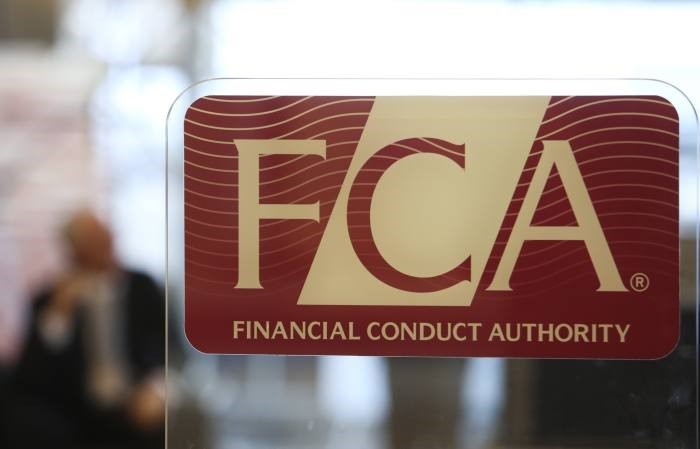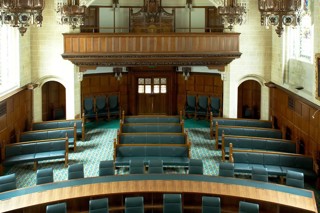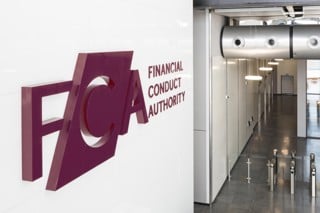The Financial Conduct Authority (FCA) has warned motor finance firms not to repossess vehicles or end contracts with customers in financial difficulty due to the coronavirus pandemic.
It wants the three-month payment freeze facility to give some breathing space to consumers who’ve suffered unexpected temporary financial stress since COVID-19 forced the UK’s lockdown.
The FCA has also told motor finance firms they must not alter PCP or PCH agreements in ways that are unfair, such as trying to recalculate PCP balloon payments to reflect likely car value depreciation.
“The FCA expects firms to act fairly where terms are adjusted,” said its statement.
It has also warned that, when a customer wishes to keep their car at the end of their PCP, but there is a disparity between the balloon payment (GFV) and the vehicle’s real current value, firms should work with the customer to find “an appropriate solution” and simply refinancing the balloon payment “might not be appropriate in the circumstances”.
Other measures for consumer credit customers in difficulties include three-month payment freezes for buy-now-pay-later, rent-to-own and pawnbroking agreements.
The high cost credit sector, including payday loans, must freeze payments for one month at no additional interest where customers are struggling to repay.
Christopher Woolard, the FCA’s interim chief executive, said: “We have worked at pace to introduce temporary financial relief tailored for a range of specific credit products.
“Many firms are already working with their customers, but these measures ensure all consumers affected by the coronavirus emergency can apply for a temporary freeze on their payments.”
The FCA said firms and consumers should consider the amount of interest on outstanding balances which may build up, and balance this against the need for immediate temporary support.
If a payment freeze isn’t in the customer’s best interests, firms should offer an alternative solution, potentially including the waiving of interest and charges or rescheduling the term of the loan, it said.
And the FCA said if a customer is unable to start making payments again at the end of a payment deferral period, they should contact their lender, and the lender should work with the customer to resolve these difficulties in advance of payments being missed.
The measures detailed today will be in force on Monday, April 27.
Mark Turner, managing director within Duff & Phelps’ compliance and regulatory consulting practice, said: “It is now crucial that senior managers (under SM&CR) of motor finance firms guarantee they commence changes now, as even short delays could put customers at risk.”
He said the payment holidays will come as a great relief as many customers are facing an unexpected change in circumstances.
“However, shifting debt from consumer to businesses has the ability to create further pressure in these volatile times. As such, appropriate government support might be needed to protect consumers and businesses, to prevent creating a knock-on effect for the auto industry.”
“It is important to consider that a payment freeze might not always be the best option for everyone. Often, it might be better to pay down certain debt, for example higher cost debt, to avoid additional interest accruing which will ultimately have to be repaid.”
“While 3 month payment holidays will be welcomed by many individuals in difficulty, there is a real risk that some customers who could afford to continue payments might see the saving as an opportunity to increase their spending, and find themselves in greater financial difficulty later down the line.
"There is no ‘one size fits all’ approach and firms need to be mindful in granting payment freezes and will need to take steps to assess each individual case on its own merits.”
James Fairclough, chief executive of AA Cars, said the FCA’s measures ensure every customer will be treated the same, whoever their lender is, and whatever type of finance plan they are on.
And the onus is on drivers to contact their lender before they run into difficulty. He said past experience has shown that when faced with financial difficulties, some consumers simply stop making repayments on their finance deals. They must avoid this, he said, by using the online forms some lenders provide or speaking to the lender's call centre.
Fairclough added: “For its part, the FCA must ensure consumers get the message that in the current climate there is no shame whatsoever in experiencing financial stress; and that if they anticipate struggling with repayments, the right course of action is always to contact their lender sooner rather than later.”






















Login to comment
Comments
No comments have been made yet.